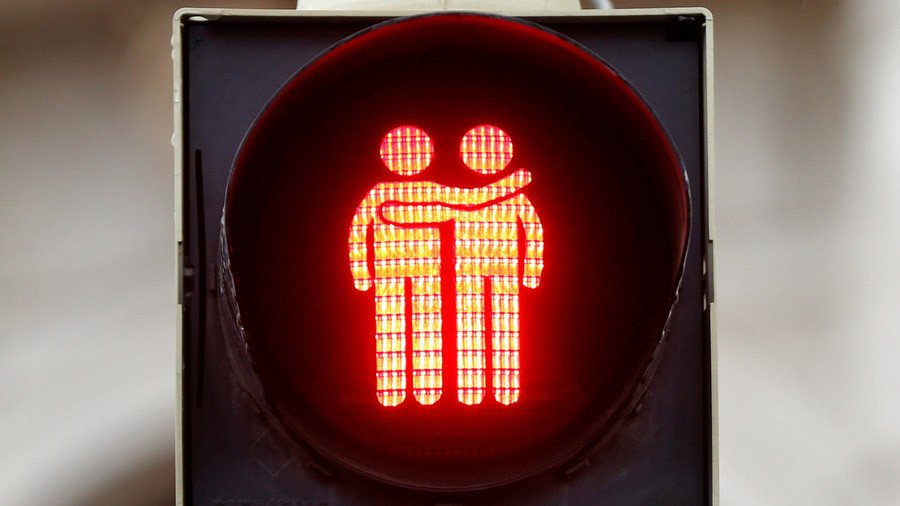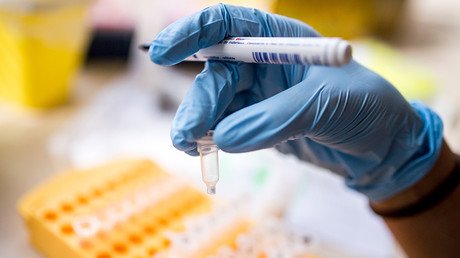Having an older brother makes you more likely to be gay – study

Men are more likely to be homosexual if they have an older brother, according to new research which links being gay to biological factors that likely occur in the womb.
The research, led by a team from Brock University but involving various universities, has seemingly confirmed that male sexual orientation is likely determined before birth.
This study builds on more than two decades of statistical data examining the so-called ‘older brother effect,’ which posits that men who have an older brother are more likely to be gay than those who do not.
“The implications of this study, especially if and when it’s replicated by an independent team, are profound,” said study lead author Tony Bogaert, who has been studying male sexual orientation for some 15 years.
“Along with more deeply understanding the exact origin of the older brother effect, it helps solidify the idea that, at least in men, there’s a strong biological basis to sexual orientation.”
The team came to their conclusions by testing 16 women with no sons, 72 mothers of straight men, 31 mothers of gay sons with no older brothers, 23 mothers of gay sons with olders brothers and a control group of 12 men.
They found that the ‘older brother effect’ is linked to a protein related to the Y chromosome, which is not present in females, but which is important for male brain development. The team thinks it’s possible that when a mother becomes pregnant with her first son, her body recognizes this protein (NLGN4Y) as a foreign substance and goes about creating antibodies.
These antibodies then build up in the mother's body and, when she becomes pregnant with another son, can cross the placental barrier and enter her bloodstream and then the brain of the foetus.
“It seems that some women during their first male pregnancy, or just after their first male birth, begin to detect this foreign substance (the NLGN4Y protein) and start to develop an immune response. And then later, with further male pregnancies, the high levels of antibodies directed toward this substance may change brain development in these later born males,” Bogaert said.
The researchers found that mothers who had gay sons, especially those with older brothers, had significantly higher levels of the NLGN4Y antibody than the other women tested.
The Health Sciences Professor, thinks that this study is groundbreaking for two main reasons. Firstly: “It supports the conclusion, suggested by previous studies, that genes alone do not completely account for homosexuality.”
Second: “It suggests that immunological factors should be considered along with genetic and hormonal factors as possible biological influences on sexual orientation."
However Bogaert, retains an air of caution regarding the study, saying that the effects are modest and that the likelihood of a male child being born gay is still small, regardless of whether they have older brothers or not.
“The vast majority of men with older brothers are still heterosexual, but it says something very broad about sex and gender development,” he said. The study was published Monday in the journal PNAS.















